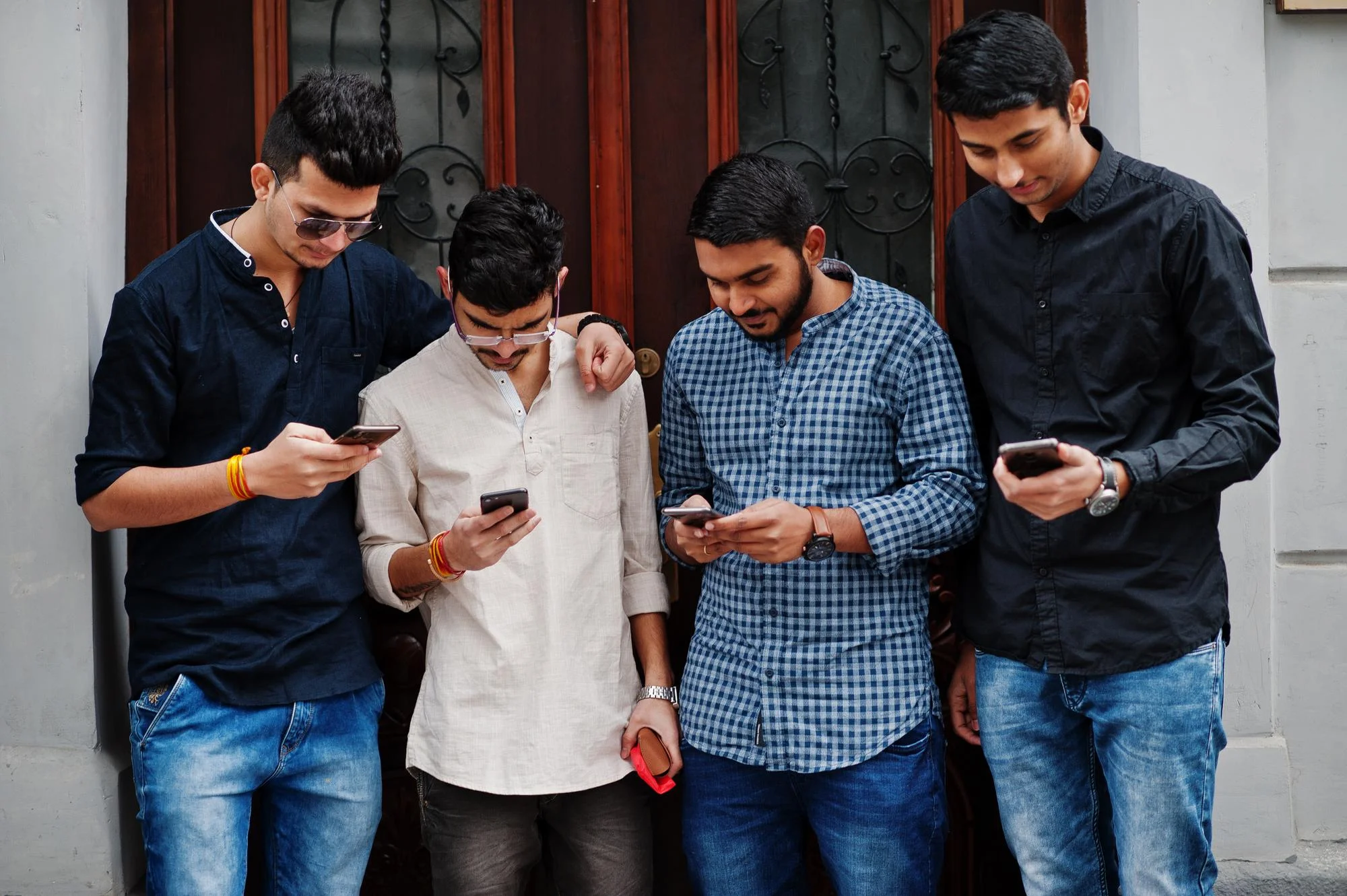The rapid expansion of social media platforms has had a significant impact on global communication and societal relationships. However, the pervasive nature of these digital networks and their potential consequences on mental well-being are subjects of increasing concern among health professionals, particularly in countries like Pakistan. In a recent article published in the ‘Journal of the Pakistan Medical Association (JPMA)’, researchers Zafar Habiba and Muhammad Bin Mobin of Jinnah Sindh Medical University, Karachi, and Rashid Latif Medical College, Lahore, respectively, examine the link between excessive social media use and mental health risks in Pakistan.
Published on January 16, 2024, the article titled “Excessive usage of social media: A potential threat to mental health in Pakistan,” asserts the urgency of addressing the mental health challenges associated with social media overuse in the Pakistani context. The Journal of Pakistan Medical Association, a reputable medical journal, circulated this study highlighting the increasing dependency on social media within the country. The digital reference for this publication is DOI: 10.47391/JPMA.9907.
Research Summary and Discussion
Habiba and Mobin (2024) set out to explore social media’s impact on mental health, specifically focusing on Pakistani users. Given the ubiquity of social media, an alarming number of individuals engage in its excessive use, potentially igniting various mental health issues, such as anxiety, depression, and sleep disturbances.
To analyze the impact, a cross-sectional study was organized, involving a sample size that encompassed diverse demographics. The result confirmed an association between high social media usage and symptoms indicative of declining mental health. This association warrants attention as mental health crises are often overlooked or inadequately addressed in Pakistan due to social stigma and a lack of resources.
Social Media in Pakistan
Pakistan, with a thriving population exceeding 220 million individuals, has witnessed an explosive growth in social media usage over the past decade. The advent of cheaper smartphones and more accessible internet services has dramatically altered the communication landscape. Social media platforms like Facebook, Twitter, and Instagram have become central to people’s lives, influencing their daily routines, social interactions, and even their mental spaces.
Potential Threats to Mental Health
The intensity of social media usage can strain mental health, as indicated by Habiba and Mobin. The study underscores the direct correlation between the duration spent on these platforms and the deterioration of mental well-being. Users exhibiting signs of addiction to social media were particularly susceptible, with many reporting feelings of inadequacy, anxiety, and isolation. “Fear of Missing Out” (FOMO) is another psychological phenomenon amplified by incessant social media use, contributing to chronic stress amongst users who are constantly checking updates to feel connected.
Adolescents and young adults appeared more vulnerable due to their developmental stage and their deep immersion into the digital world. Peer pressure, the pursuit of ‘likes’, and the quest for validation on these platforms can significantly impact self-esteem, leading to psychological distress that could escalate into more severe mental health disorders if unchecked.
Addressing the Issue
The implications of the findings by Habiba and Mobin are far-reaching. It is imperative that policymakers, educators, and mental health professionals collaborate to devise strategies that mitigate the consequences of excessive social media consumption. Awareness campaigns to educate the public about responsible usage, as well as measures to counter social media addiction, such as digital wellness programs, should be urgently developed and implemented.
Furthermore, the mental health infrastructure in Pakistan, which has historically been under-resourced, must be reinforced. Integration of mental health education into the curriculum, training for healthcare professionals, and improved access to mental health services can help address the anticipated rise in mental health cases linked to social media use.
Keywords
1. Mental health and social media
2. Social media addiction Pakistan
3. Digital wellness programs
4. Effects of social media on youth
5. Mental health awareness Pakistan
Recommendations for the Future
The articulation of a multi-faceted response to the risks posed by social media is crucial. More comprehensive studies, with larger cohorts over more extended periods, are called for to deepen the understanding of this complex association. It is also essential to recognize the multifactorial nature of mental health disorders and not to ascribe them solely to social media use, albeit acknowledging its significant influence.
Increased collaboration between technologists and health professionals could lead to innovations that promote healthy social media habits. The design of platforms that de-emphasize addictive features and provide tools for monitoring usage could hold promise.
Conclusion
Social media has cemented its presence in the fabric of contemporary society, but its excessive use poses potential risks to mental health. The study by Habiba and Mobin in the JPMA is a call to action for all stakeholders in Pakistan to recognize the urgency of addressing the detrimental effects of social media consumption. With concerted efforts in education, healthcare access, and societal support structures, it is possible to navigate the challenges posed by these platforms and protect the mental well-being of the nation’s populace.
References
1. Habiba, Z., & Mobin, M. B. (2024). Excessive usage of social media: A potential threat to mental health in Pakistan. Journal of the Pakistan Medical Association, 74(1), 201. doi: 10.47391/JPMA.9907
2. Primack, B. A., Shensa, A., Sidani, J. E., Whaite, E. O., yi Lin, L., Rosen, D.,… & Miller, E. (2017). Social media use and perceived social isolation among young adults in the U.S. American Journal of Preventive Medicine, 53(1), 1-8.
3. Woods, H. C., & Scott, H. (2016). #Sleepyteens: Social media use in adolescence is associated with poor sleep quality, anxiety, depression and low self-esteem. Journal of Adolescence, 51, 41-49.
4. Shakya, H. B., & Christakis, N. A. (2017). Association of Facebook use with compromised well-being: A longitudinal study. American Journal of Epidemiology, 185(3), 203-211.
5. Khan, S. (2019). Cyber wellness: Approaching digital health in Pakistan. Islamabad Policy Research Institute Journal, 19(2), 97-110.
